I’m sharing this press release for those who are interested in this message from Mr. Chol Park, Executive Director, Free North Korean Association United States, in honor of the 10 year anniversary of the passage of the North Korean Human Rights Act by the US Congress in 2004.
Free North Korean Association United States (FNKAUS) is an organization representing the 171 North Korean defectors who have resettled in the United States.
Regarding the passage of the North Korean Human Rights Act, 10 years later
Today, October 18th marks the 10th anniversary of the passage of the North Korean Human Rights Act (NKHRA), by the United States Congress.
The members of the Free North Korean Association United States (FNKAUS) would like to express our gratitude and appreciation to the US government for its continued interest in the human rights situation of North Korea, for passing the NKHR Act, and for allowing free North Koreans (defectors) to enter and resettle in the United States.
Of course, the South Korean government recognizes free North Koreans (defectors) as South Korean citizens and has guaranteed the best conditions and benefits for those who have resettled there.
However, it is a sad reality that in South Korea, the country that should be the leader in reunification, a legislation regarding North Korean human rights still has not been passed, despite the international community taking up this issue – for example in the United Nations, where an important side event occurred last month regarding the human rights situation in North Korea, and also with calls for the dictatorship of the North Korean regime to be held accountable at the International Criminal Court (ICC).
The North Korea of today went from a Japanese colony to a slave nation ruled over by the Kim family dictatorship.
For the people of North Korea, if one’s father was a farmer, a miner, or laborer, that person is destined to become a farmer, miner, or a laborer; in the neighboring country of China, a socialist country, Chinese citizens can travel anywhere they want to, but only in North Korea are the people living like slaves to the Kim family dictators, unable to travel anywhere without permission, and unable to do anything without permission – this is the reality of North Korea today in the 21st century.
The Kim family dictatorship can also purge and kill anyone who is their ‘slave’ – be they their uncle, aunt, or whoever it may be; all the laws in the world are useless in the face of this slave state power structure.
Countless number of patriots and citizens have given their lives, countless number of meetings have been held, proclamations made, and ‘agreements’ have been discussed, but there is no end in sight regarding the division of South and North Korea, a division that has been ongoing for more than 60 years.
Many experts, scholars, and think-tanks say that the extinction of the North Korean regime will pave the way for reunification, but what is the reason behind the three generations of succession in power, and the continuing existence of the regime?
The most important thing is that those who are closest to the Kim family dictatorship in North Korea and allow the regime to survive and function, these few are the ones who know so very well regarding the reality of the outside world and the international community.
These elites and regime supporters know very well that the democratization and freedom for North Korea as supported by the international community, will lead to reunification, which will ultimate lead to their own demise; these elites and regime supporters know and realize that the only way to maintain their own power and lifestyle and livelihood is to continue aligning with the regime in exploiting and oppressing the people, no matter how young and inexperienced and bumbling the dictator may be. They will continue to allow the dictator to remain in power, and despite clamoring for reunification, it is only in words, and their actions will never allow for reunification to happen.
Also, another important factor for the regime in North Korea not collapsing is the fact that the propagandizing and brainwashing of the people in idol worship of the dictatorship will continue and become even more strengthened, and interaction with the outside world can be something to only dream about; the eyes and ears of the North Korean people are closed off, since the people cannot even freely listen to radio broadcasts.
What can the deaf and blind do?
The most rational, common-sense way to bring about the collapse of the regime is to surround and encircle North Korea – through the Tumen River, Yalu River, East Sea, Yellow Sea, the DMZ – and send in radios, smartphones, and find ways for and allow Wi-Fi signals to be broadcast into North Korea, thus providing an opportunity for the North Korean citizens to be able to access outside information and find out about the truth. If this can lead to just a small spark being created in opposition to the Kim family dictatorship, that small spark can grow to be a fearsome, huge fireball or volcano that cannot be put out.
THIS is what the regime fears the most, and right now in North Korea if the regime senses any small spark about to be ignited, they will do whatever it takes to block out and oppress the people.
The North Korean regime has already purchased anti-riot gear and equipment from China in case anything should happen, and a few years ago even banned the movie ‘Rim KokJung’ [a film made in 1987 in North Korea set in the feudal times where the oppressed rise up against the corrupt yangban-class rulers, that was banned starting from 1997 as the conditions in the country deteriorated], and also punished those found to be singing the theme song from the movie, “Arise, Brother”.
This is the reality of North Korea, yet some in the international community have a delusional fantasy regarding the country and go into North Korea for visits, as tourists with tour groups, and for various other reasons, but we as free North Koreans and defectors who were born, and grew up and escaped from North Korea, beseech all
nations, organizations, and private individuals once again regarding this.
Please face the fact that the North Korean regime is currently holding three American citizens as prisoners for political purposes.
Today, as we celebrate in the United States the 10th anniversary of the passage of the North Korean Human Rights Act, we implore the ruling and minority parties in the South Korean National Assembly to put down party politics and scheming, and pass a North Korean human rights legislation and thereby proclaim and guarantee the basic human rights of the North Korean people.
We free North Koreans will continue to support and encourage the US as it takes the lead in sending the leadership of the North Korean regime to the International Community Court (ICC), and we also implore all those in the world with a conscience and a sense of justice to do so as well.
Please rise up and help in guaranteeing the most basic human right to the North Korean people.
Cheol Park
Executive Director,
Free North Korean Association United States; and –
Members of the Free North Korean Association United States (FNKAUS), representing the 171 North Korean defectors in America
###
미국 북한인권법 제정 10주년에 즈음하여
오는 10월 18일은 미국에서 북한인권법을 제정한지 10주년이 되는 날이다.
우리 미주자유북한인들은 북한인권문제에 많은 관심을 가져 주시고 북한인권법을 제정하고 자유북한인(탈북인)들이 미국에 입국할수 있도록 많은 노력을 기울여준 미국정부에 감사의 인사를 드린다.
물론 대한민국 역시 자유북한인들을 대한민국 국민으로 인정하고 그들에게 잘 정착해 나갈수 있는 최선의 조건과 혜택을 보장해 주고 있다.
그러나 국제사회가 북한인권문제를 주제로 유엔총회를 가지고 북한의 독재자들은 국제 형사재판소에 회부하는 안건을 논하는 현 마당에, 앞으로 통일의 주체가 되여야 할 대한민국에서는 아직도 북한 인권법이 통과되지 못하였다는 것은 안타까운 현실이다.
오늘 날의 북한은 일제의 식민지로부터 김씨일가의 노예국가로 완전히 전락해 버렸다.
북한 인민들은 태여날 당시 아버지가 농민이였거나 탄광, 광산 노동자였으면 자식들도 대를 이어 농민으로, 탄광, 광산에서 일하여야 하며, 옆나라 사회주의 국가인 중국인민들 까지도 세계각국 어디나 가고 싶은 곳 다 갈수 있으나, 북한인민들만은 김씨가문의 노예로 김씨가문의 허락이 없이는 어디 갈수도, 그 무엇도 할수없는 것이 21세기 글로벌시대 오늘날 북한의 현실이다.
뿐만 아니라 김씨가문은 자기 노예가 그 누구든 삼촌이든, 고모부던 죽일수도 살릴수도 있으며 그러한 노예주의 공권력은 이 지구상의 그 어떤 법도 무용지물이다.
남과 북의 통일은 반세기가 훨씬 넘어 60여년의 세월이 지나 온 동안 수많은 애국, 구국지사들의 목숨을 바쳐가며 많은 조약과 선언, 회담들을 진행하여 왔지만 아직도 그 끝이 어디인지 보이지 않는다.
한국의 국가 안보 전략연구소, 북한문제 연구소 등에서 북한의 멸망이 통일의 길이라고 명시하고 있는데 그러면 망할 듯 망할듯하는 북한이 3대로까지 세습을 이어가며 저토록 유지되고 있는 원인은 무엇인가?
가장 중요하게는 김씨가문에 붙어서 북한의 권력을 유지하고 있는 몇 안되는 자들의 국제사회의 현실을 너무나 잘 알고 있다는 것이다.
이 자들은 국제사회의 자유민주주의를 인정하기에 통일이 될 경우 무능력한 자신들이 설자리가 없으며 지금 자기들이 누리고 있는 부와 향수를 지키는 길은 오직적수공권의 인민들을 착취하고 독재자가 아무리 어리고 무능 할지라도 그 자리를 유지할수 있게 만들고 있으며 통일을 말로만 외칠뿐 통일이 절대로 이루어 지지못하게 하는 것이다.
다음으로 북한이 붕괴되지 않고 있는 원인은 수령우상화로 쇠뇌교육을 강화할뿐 외부세계와의 교류는 꿈도 꿀수 없고 라디오하나 들을수 없게 만들어 북한인민들의 눈과 귀를 막은것이다.
귀먹어리, 소경이 무었을 할수 있겠는가?
북한의 붕괴를 가져올수 있는 가장 합리적인 방법은 두만강, 압록강, 동,서해 그리고 38선, 즉 북한을 포위하고 북한에 라디오와 스마트폰을 공급하고 무선인터넷(Wi-Fi)이 북한 전지역에 터지도록 하여 그들에게 현실을 알려주고 북한에서 노예주 김씨가문을 반대하는 한점의 불씨만 일으킨다면 그 한점의 불씨는 제거 할수없는 무서운 화산처럼 타오를 것이다.
북한당국이 제일 두려워하는 점도 이 점이며 현재 북한에서는 한점의 불씨가 일어날 요소이면 그 어떤 것을 막론하고 봉쇄 억압을 하고 있다고 한다.
실지로 만일이 경우를 대비하여 중국에서 폭동을 진압할 장비들을 구입하였으며, 무능한 봉건관료배를 척결하는 봉기를 다룬 북한 영화 “림꺽정”을 볼수 없게 DVD를 모조리 회수하였으며 이 영화의 주제가를 부를 경우 엄격히 처벌한다고 한다.
북한의 현실이 이러한데 국제사회의 일부에서는 북한에 대한 환상을 가지고 방문, 관광 등 여러목적으로 북한여행을 하고 있는데 북한에서 나서 자라온 우리 자유북한인들은 이에 대하여 모든 국가와 단체, 개인들께 다시한번 부탁의 말씀을 드린다.
북한이 미국인 3명을 정치적목적으로 억류하고 있는 현실을 직시하여 주시기를.
미국에서 북한인권법 제정 10주년이 된 오늘날 한국의 여,야당들에서는 당리당약을 내려 놓고 북한인권법을 제정하여 한민족 북한인민들이 기본적인 인권법을 보장하는데 앞장에 서주기를 바란다.
오늘날 미국이 북한지도부를 국제형사재판소에 제소하는 안건에 전 세계에 있는 자유북한인들은 더 없는 지지와 성원을 보내며 전 세계의 정의와 양심을 가진 모든 분들께 호소한다.
북한인민들의 가장 기초적인 인권을 보장하는데 한사람같이 나서 달라.
미주자유북한인 연합회 일동
박철,
대표

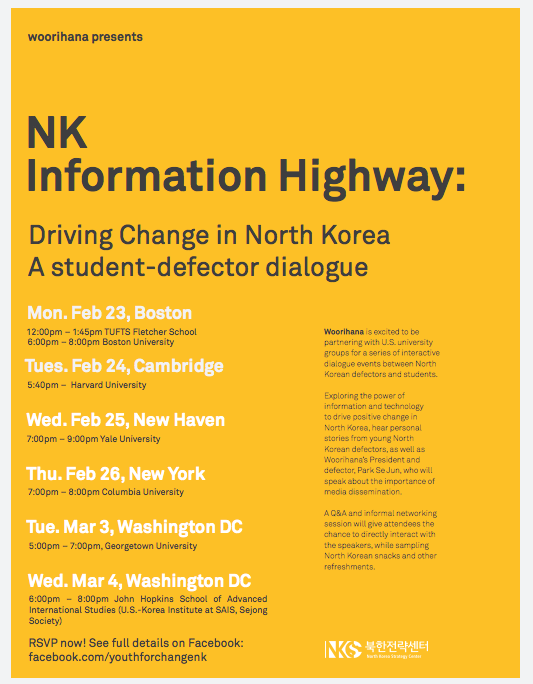











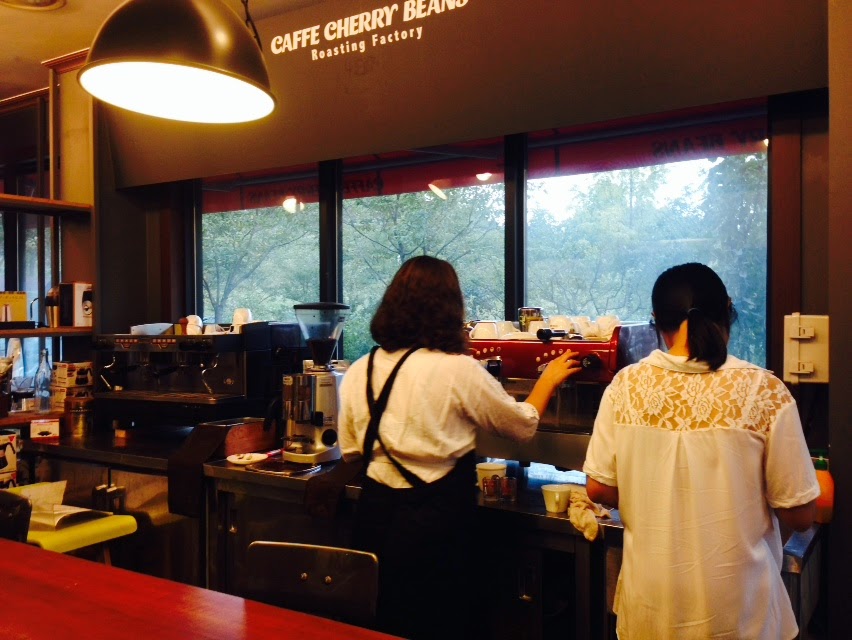






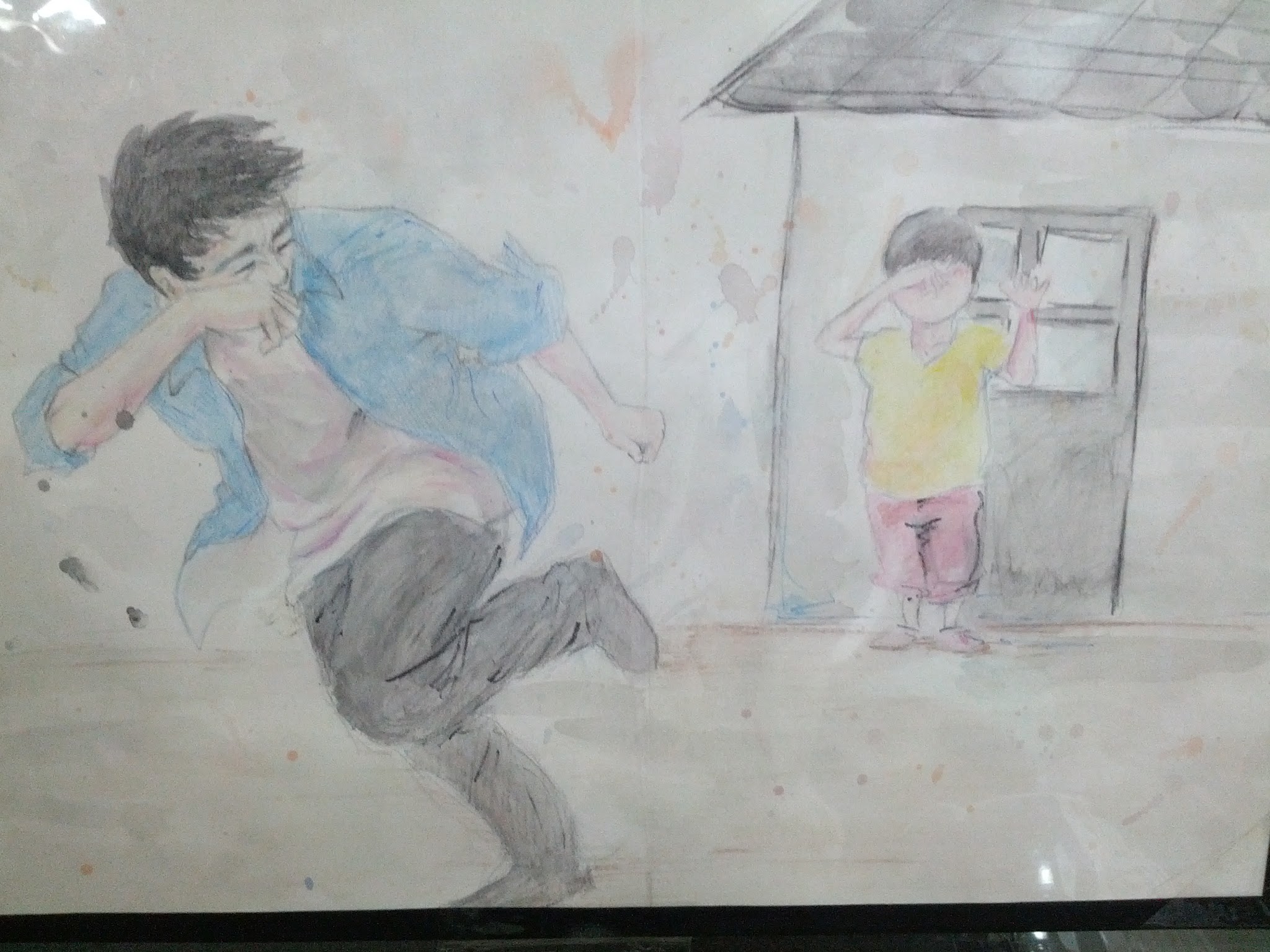
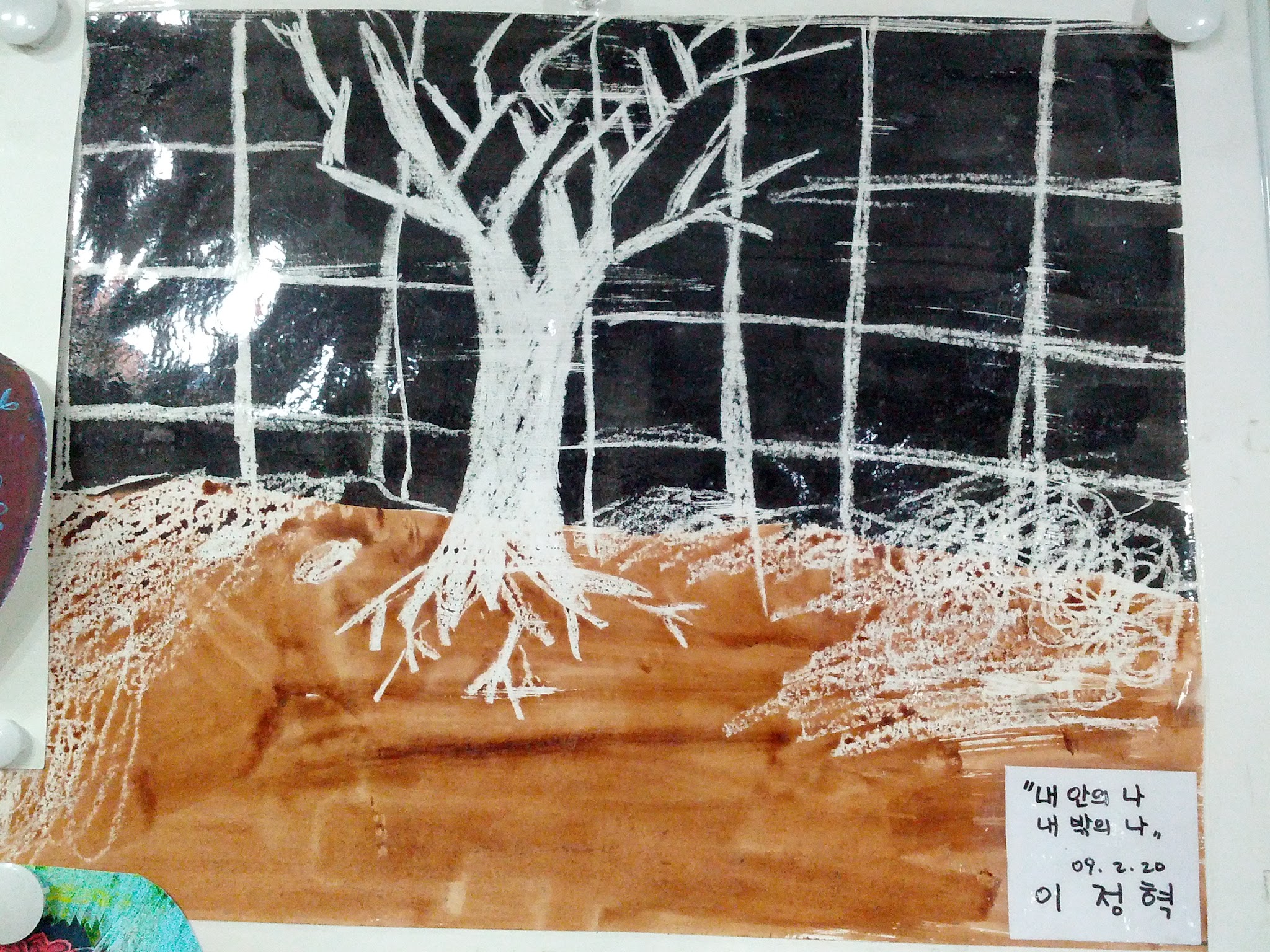
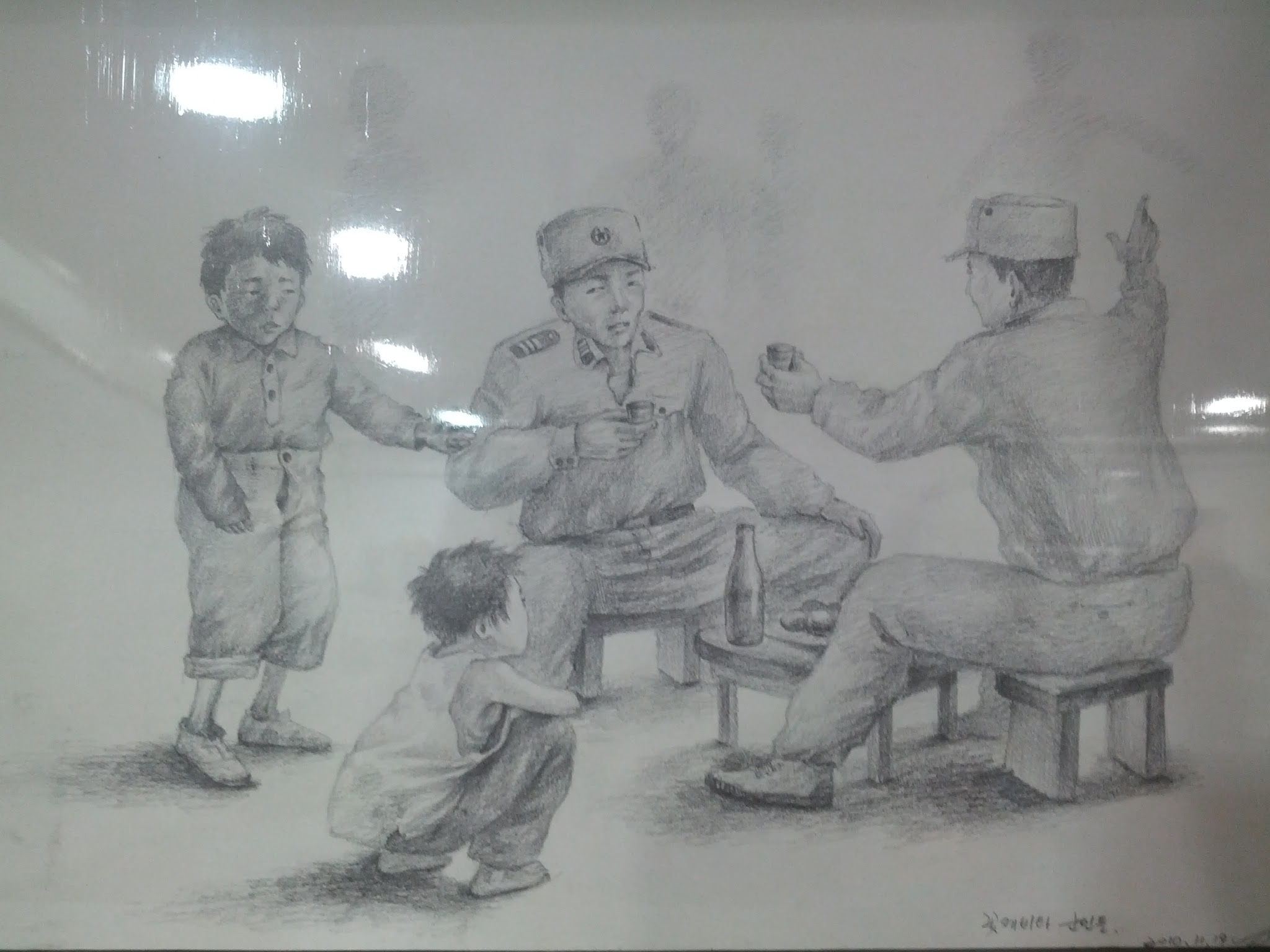


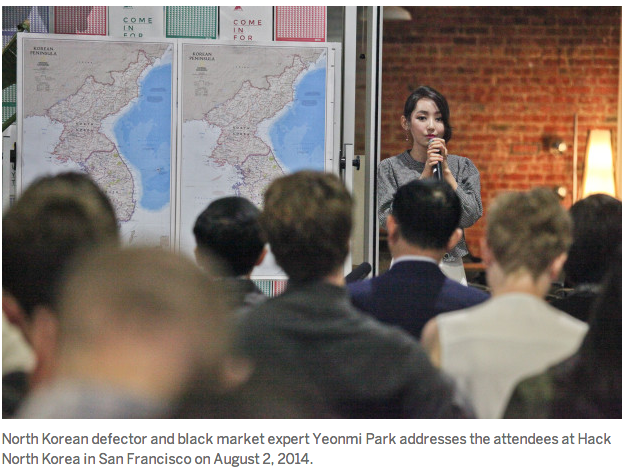
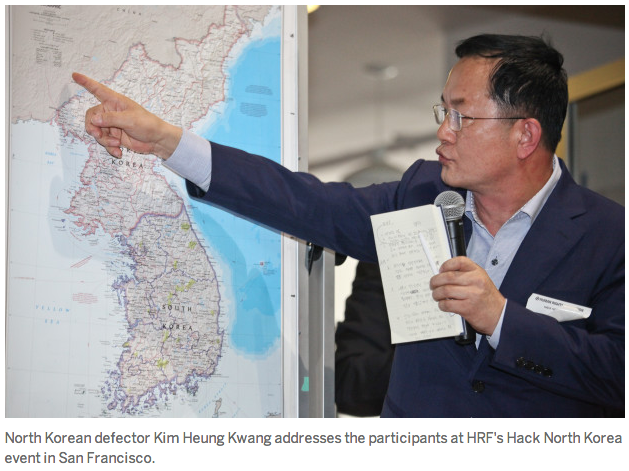



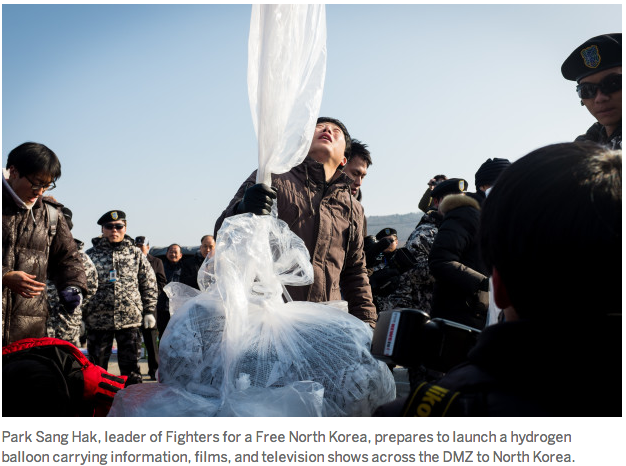


![Screening of Documentary Film “Divided Families” at Harvard University’s Korea Institute [ November 13, 4:30 – 6:00PM ]](https://www.jieunbaek.com/wp-content/uploads/2014/09/screen-shot-2014-09-18-at-11-38-46-am-672x348.png)


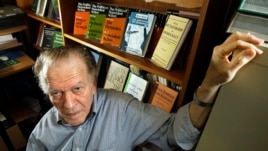


![[Left] Henry Song, an incredible Korean-American translating for Mr. Kim. [Right] Mr. Kim Heung Kwang (Executive Director of North Korea Intellectual Solidarity) introducing himself.](http://jieunbaek.com/wp-content/uploads/2014/08/20140802_103903-300x225.jpg)





























